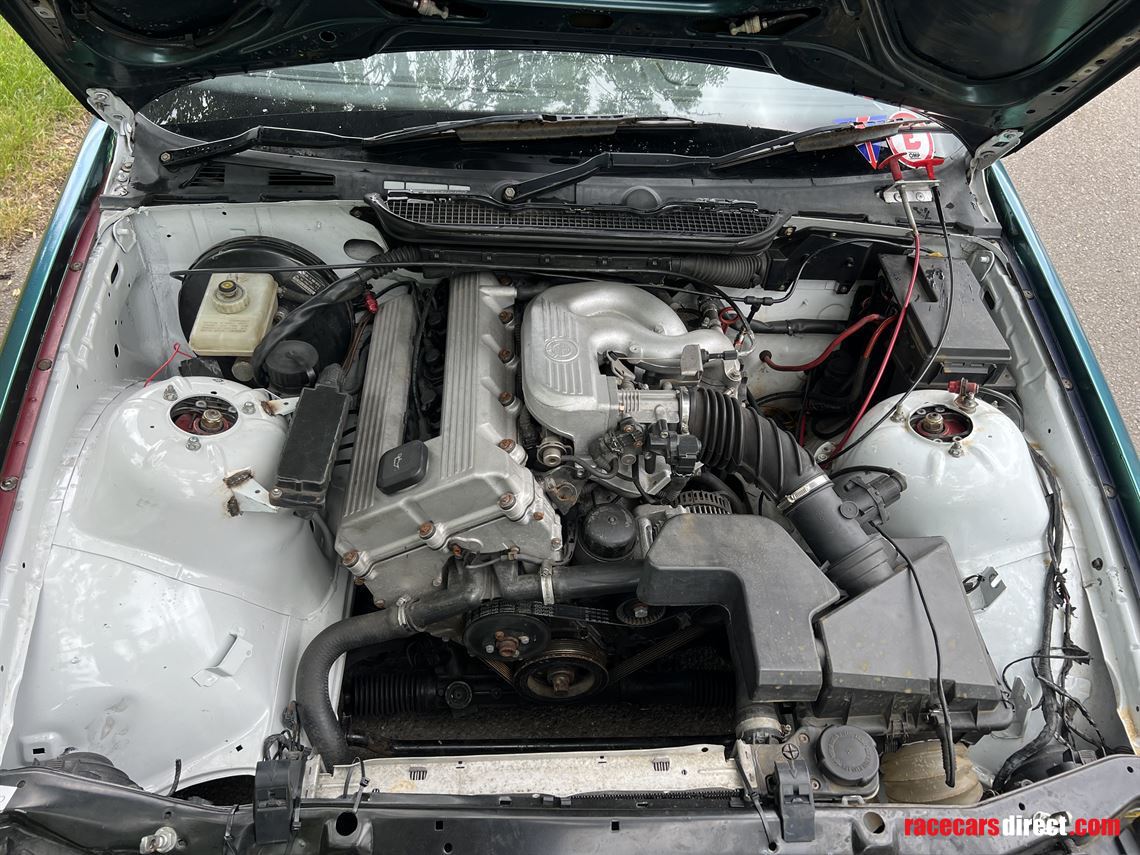The BMW 318ti: A Blend of Design, Comfort, and Efficiency
The BMW 318ti: A Blend of Design, Comfort, and Efficiency
Blog Article
Crucial Considerations for Picking the very best Engine for Your Needs
In the world of selecting the excellent engine to satisfy your needs, a number of crucial variables demand thorough consideration to make certain ideal performance and effectiveness. From the nuanced balance in between power and efficiency to the often-overlooked facets of maintenance and solution demands, each facet plays a pivotal duty in determining one of the most suitable engine for your specific needs. As the complexity of engine technologies remains to advance, critical one of the most suitable choice necessitates a deep understanding of the interaction between different factors to consider. By exploring the complex internet of elements that underpin this decision-making procedure, a more clear path emerges towards choosing an engine that not only satisfies yet surpasses your expectations.
Power and Performance
When evaluating engines for ideal efficiency, it is essential to focus on both power result and efficiency. Performance refers to how well the engine transforms gas into functional power. By thoroughly examining both power and efficiency, you can pick an engine that provides optimal efficiency and satisfies your needs efficiently.
Gas Effectiveness and Economy
Fuel performance refers to the engine's capacity to transform fuel into energy with marginal waste, straight affecting operating expenses and environmental sustainability. Engines with greater gas effectiveness not only reduce gas expenditures yet likewise reduce carbon discharges, contributing to a greener procedure.

Compatibility and Application
Considering the fuel efficiency and economic situation of an engine, the next essential element to address is its compatibility and application within particular operational contexts. Compatibility refers to exactly how well the engine integrates with the general system or tools it powers.
Various engines are made for specific purposes, whether it be commercial equipment, aquatic vessels, autos, or power generators. Understanding the intended application allows for the selection of an engine that can deliver the needed power result, torque, and functional attributes.
Upkeep and Service Demands
Upkeep and service demands play an essential function in making certain the longevity and ideal efficiency of an engine. Regular maintenance is necessary to avoid malfunctions, extend the life expectancy of the engine, and preserve its performance. When choosing an engine, it is crucial to take into consideration the producer's suggested upkeep schedule and the availability of solution facilities or qualified specialists.
Aspects such as the regularity of oil changes, filter replacements, and general examinations can considerably affect the engine's performance. Some engines may call for more constant servicing based on their layout and usage, while others may have longer periods in between upkeep checks. It is vital to follow these solution demands to avoid expensive repairs and unforeseen downtime.

Cost and Spending Plan Factors To Consider
Spending plan restraints often play a significant duty in the decision-making procedure when choosing an engine for a specific application. When considering the cost and budget ramifications of choosing an engine, it is important to assess not just the first purchase price however additionally the lasting expenditures connected with maintenance, fuel intake, and prospective upgrades or repair services. It is important to strike a balance in between the ahead of time cost of the engine and its overall lifecycle costs to ensure that the chosen go now engine remains monetarily sustainable throughout its operational life expectancy.
Elements such as gas why not try this out efficiency, integrity, and toughness can directly influence the overall cost of possession of an engine. While a much more pricey engine might have higher ahead of time expenses, it could possibly result in lower upkeep and gas expenses over time, hence providing better value in the lengthy run.
Verdict

Fuel performance refers to the engine's ability to transform gas into energy with very little waste, straight impacting operating expenses and ecological sustainability.Factors influencing fuel effectiveness consist of engine layout, combustion efficiency, and general efficiency optimization. In addition, selecting the suitable fuel kind and quality as advised by the engine manufacturer can even more improve this page performance and lengthen engine lifespan.
Engines with good service functions and easily offered components can reduce maintenance expenses and reduce the time the engine is out of procedure - bmw 318ti. It is critical to strike an equilibrium in between the upfront cost of the engine and its overall lifecycle costs to guarantee that the selected engine stays economically sustainable throughout its operational life expectancy
Report this page